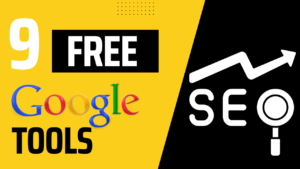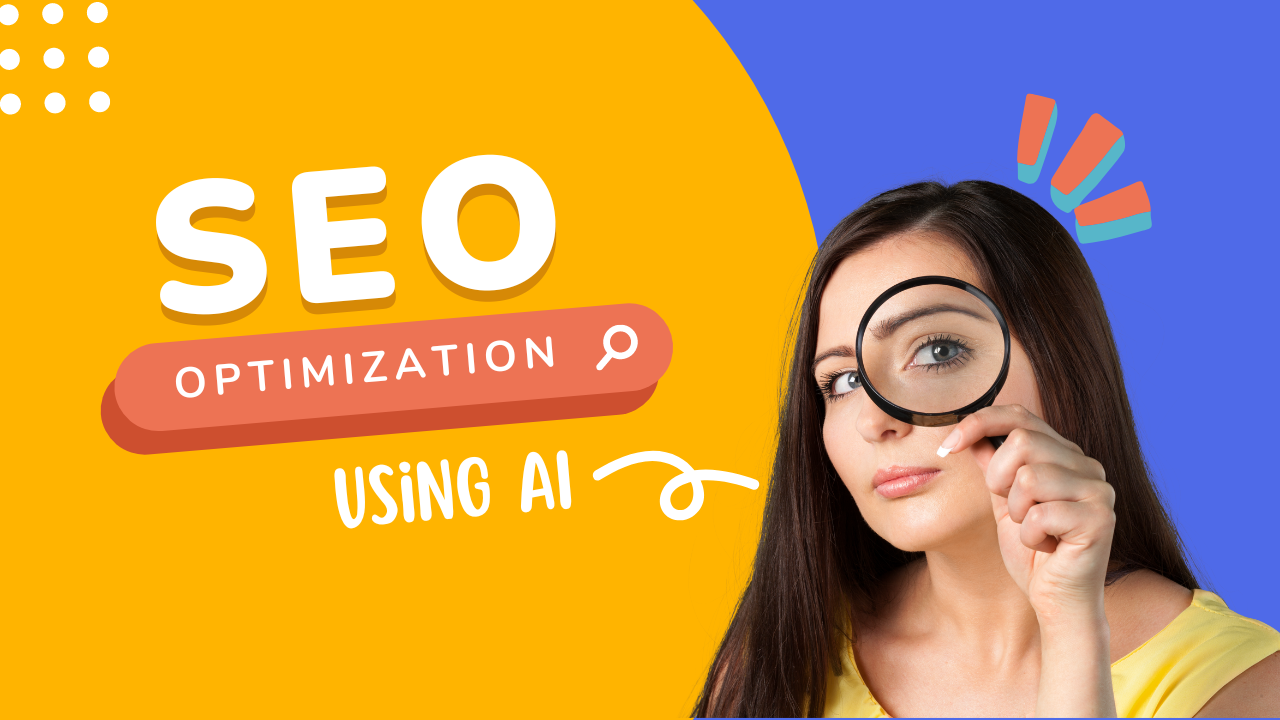
What is AI for SEO?
Over 80 percent of marketers who integrate artificial intelligence (AI) into their strategies report significant and favorable impacts on their companies. For numerous businesses, AI is increasingly becoming a crucial element in various strategies, such as SEO services and content marketing.
In fact, artificial intelligence has made a sensational entrance into the world of digital marketing, and natural referencing (SEO) is no exception. AI for SEO is the use of complex algorithms to optimize the visibility of a website on search engines. In other words, it is giving machines the ability to understand and imitate human behavior to improve the positioning of a site in search results.
How is AI transforming SEO?
Artificial intelligence is revolutionizing the field of search engine optimization by automating tasks, providing deeper insights, and improving the overall user experience. Here are some of the key ways AI is transforming SEO:
· In-depth Semantic Analysis: Beyond keywords, AI enables a deeper understanding of a query’s meaning by considering context, synonyms, and named entities.
· Automated Content Generation: AI can produce high-quality content, such as product descriptions, blog articles, or meta descriptions, based on data and established models.
· Technical Optimization: AI can identify and correct technical errors on a website, such as broken links, loading issues, or poor URL structures.
· Trend Prediction: By analyzing large amounts of data, AI can anticipate search trends and help businesses adjust their content strategy accordingly.
· User Experience Personalization: AI allows for personalized content delivery to each user based on their search history and interests.
Advantages of using AI For SEO
In SEO, Artificial Intelligence excels in automating processes and providing predictive insights, offering several benefits:
· Keyword Optimization: AI adjusts content to align with the desired theme based on specified keywords.
· Efficient Content Creation: AI reduces the time needed to produce content.
· Speed and Efficiency: AI tools are optimized for rapid and effective performance.
· Content Enhancement: AI assists in rewriting and generating ideas for your website’s content.
Disadvantages of Using AI in SEO
While the prospect of saving time with AI can be appealing, there are several drawbacks to consider:
· Content Plagiarism: AI generates content based on existing material found online, which may not be completely original and could lead to plagiarism penalties.
· Limited Creativity: AI tools rely on pre-existing content, which means they often lack the ability to generate truly novel ideas.
· Quality Control Issues: AI-generated text might be produced quickly, but it often lacks grammatical and structural accuracy, requiring additional time for corrections. Inconsistencies in tone and coherence can also occur.
· Cost of Top Tools: The most advanced AI tools for SEO typically come with a price tag, and their quality and features can vary significantly.
· Content Errors: AI may misinterpret keywords, resulting in content that deviates from the intended topic.
· Ineffective for SEO: Currently, Google does not prioritize AI-generated content for ranking, which may render the use of such tools ineffective for SEO purposes.
How to use AI for SEO
Artificial intelligence (AI) is revolutionizing the world of SEO, offering tools and features that automate many tasks and provide deeper insights than ever before. Here’s how you can leverage AI to improve your SEO:
1. Improve Keyword Research
Semantic Analysis: AI tools can identify synonyms, related phrases, and search intents for better understanding of keywords.
Trend prediction: AI can analyze search data to identify emerging trends and help you anticipate the future needs of your audience.
2. Create Quality Content
Content generation: AI tools can generate articles, product descriptions, and other types of content based on specific keywords and topics.
Content Optimization: AI can analyze your existing content and suggest improvements for better search engine rankings.
3. Personalize the User Experience
Segmentation: AI can segment your audience into distinct groups based on their interests and behavior.
Personalized content: You can then create personalized content for each segment, which improves engagement and conversion.
4. Automate Repetitive Tasks
Technical Analysis: AI can automate technical audits of your site to identify issues like broken links, 404 errors, and loading issues.
Rank Tracking: AI tools can track your rankings for targeted keywords and alert you if there are significant changes.
5. Improve Data Analysis
Deeper Insights: AI can analyze large amounts of data to identify trends and patterns that humans might miss.
Predictions: AI can predict user behavior and help you make more informed decisions.
22 BEST AI SEO tools
Artificial intelligence is revolutionizing SEO by automating many tasks and providing deeper insights than ever before. Here is a selection of the 22 best AI tools to optimize your natural referencing:
Keyword Analysis and Research Tools
1. Semrush: A comprehensive tool offering keyword analysis, competition monitoring and detailed reporting features
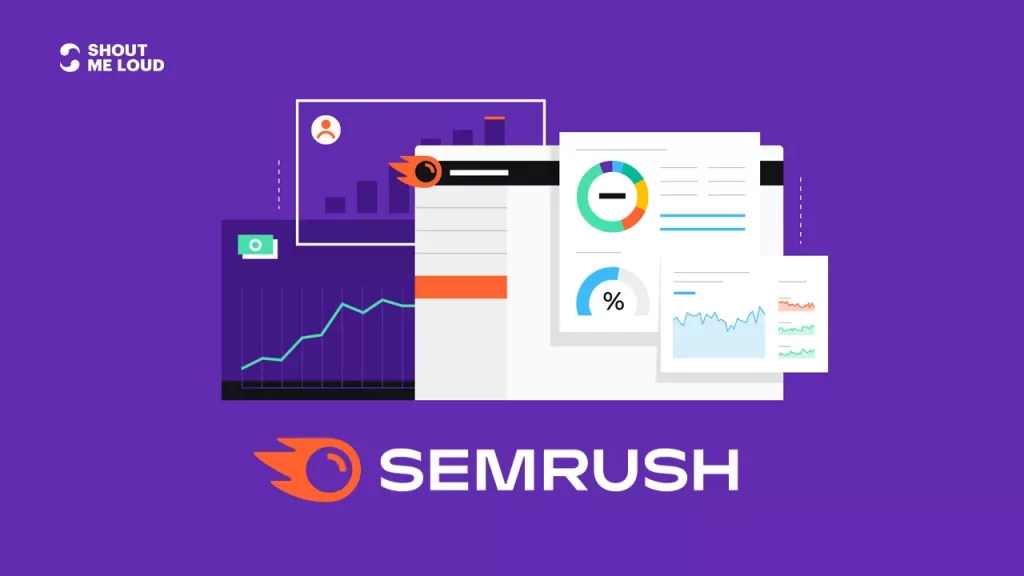
2. Ahrefs: Known for its massive backlink database, Ahrefs also offers keyword analysis and positioning tracking tools.
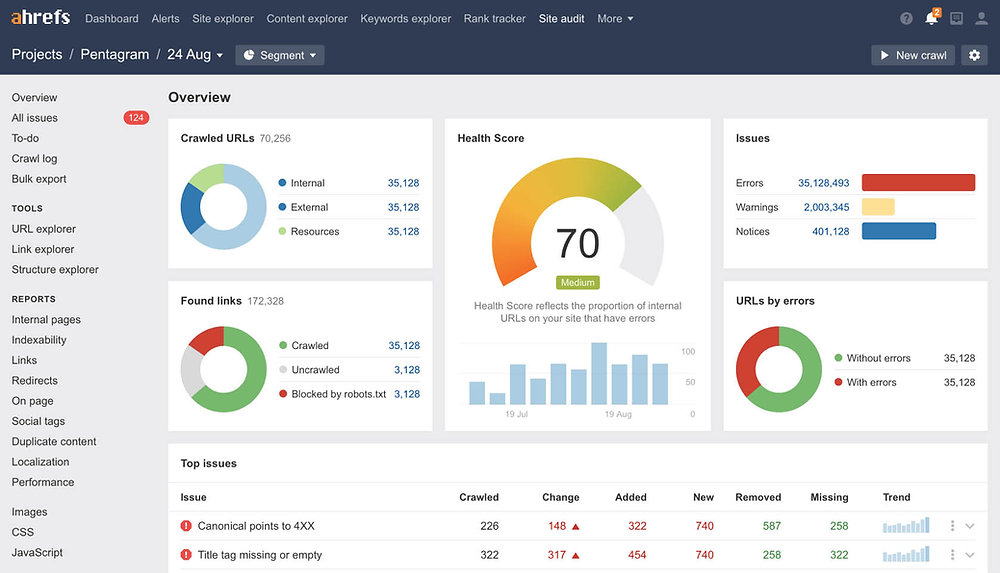
3. Moz: An SEO veteran with a suite of tools for site analysis, keyword research, and competition monitoring.
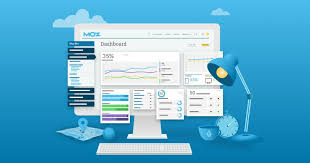
4. Surfer SEO: Specializing in on-page optimization, Surfer SEO uses AI to analyze search results pages (SERP) and provide personalized recommendations.

Content Creation Tools
5. Jasper.ai: A popular AI content generator that can create blog posts, product descriptions and more.
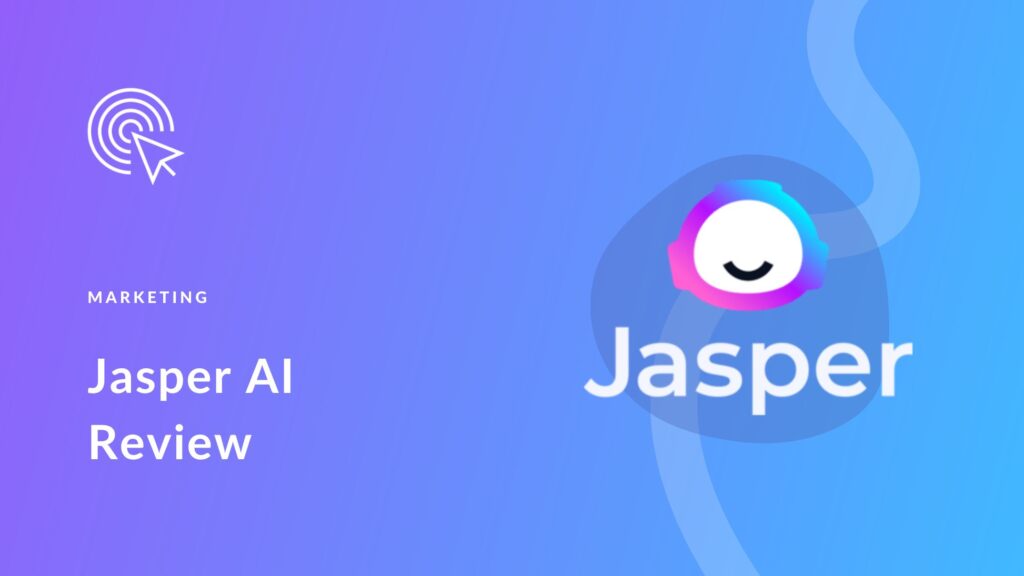
6. Copy.ai: Another AI content generation tool that focuses on creating advertising and marketing copies.
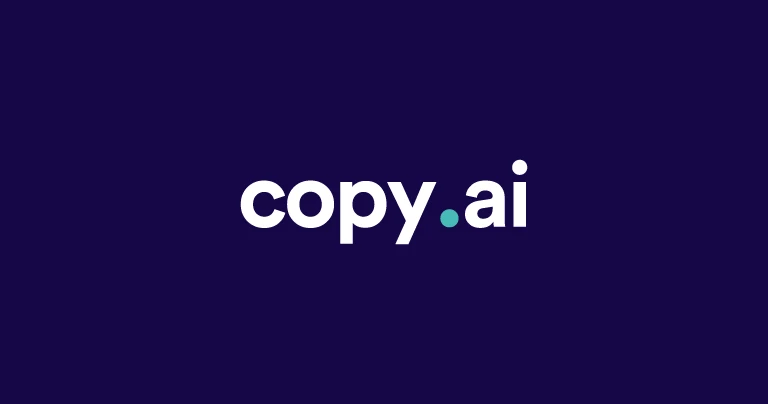
7. Rytr: An affordable tool offering a variety of templates for different types of content.
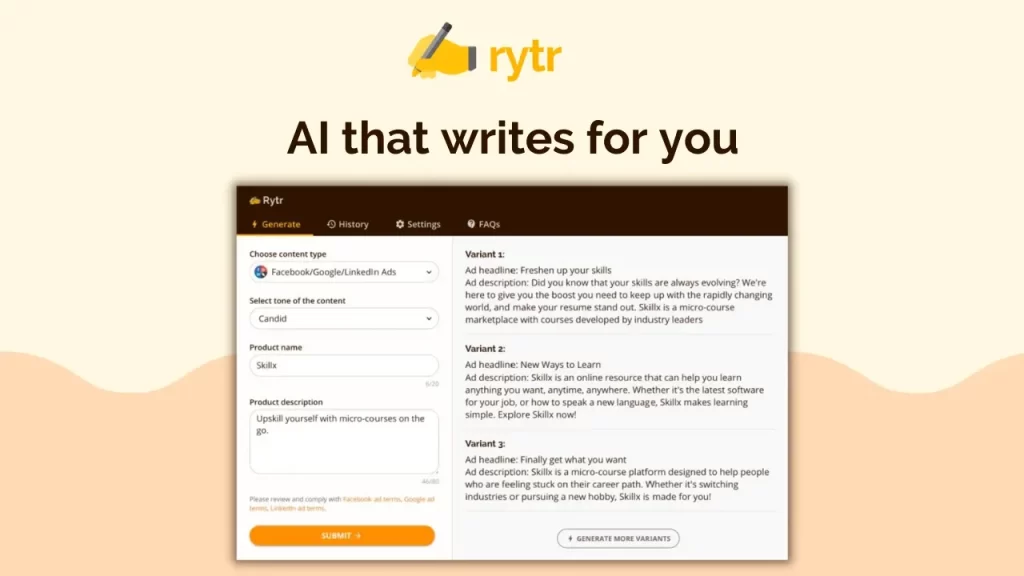
8. Content at Scale: Specializing in generating long-form content, this tool can create comprehensive and well-structured blog posts.
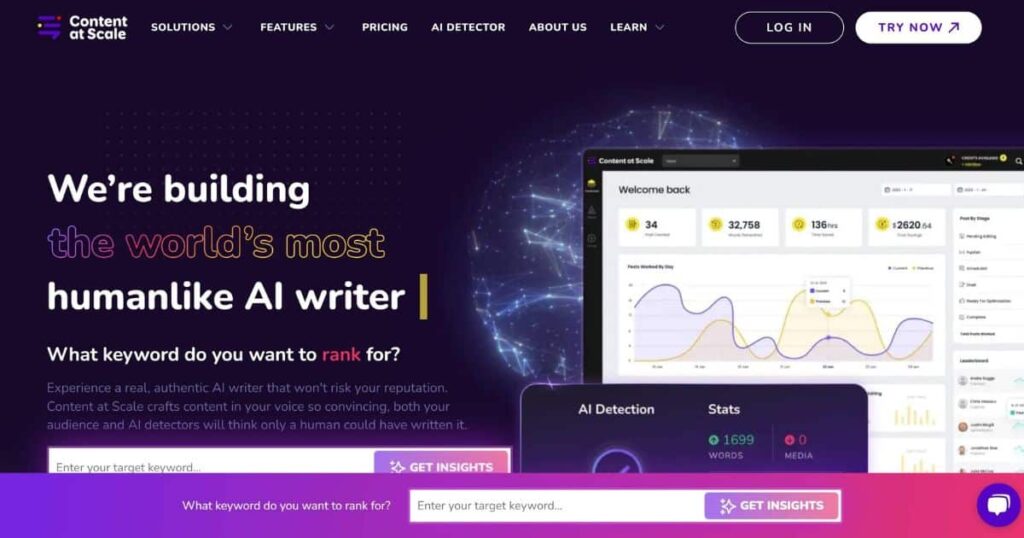
Technical Optimization Tools
9. Screaming Frog SEO Spider: A technical audit tool that helps quickly identify and resolve issues on your site.
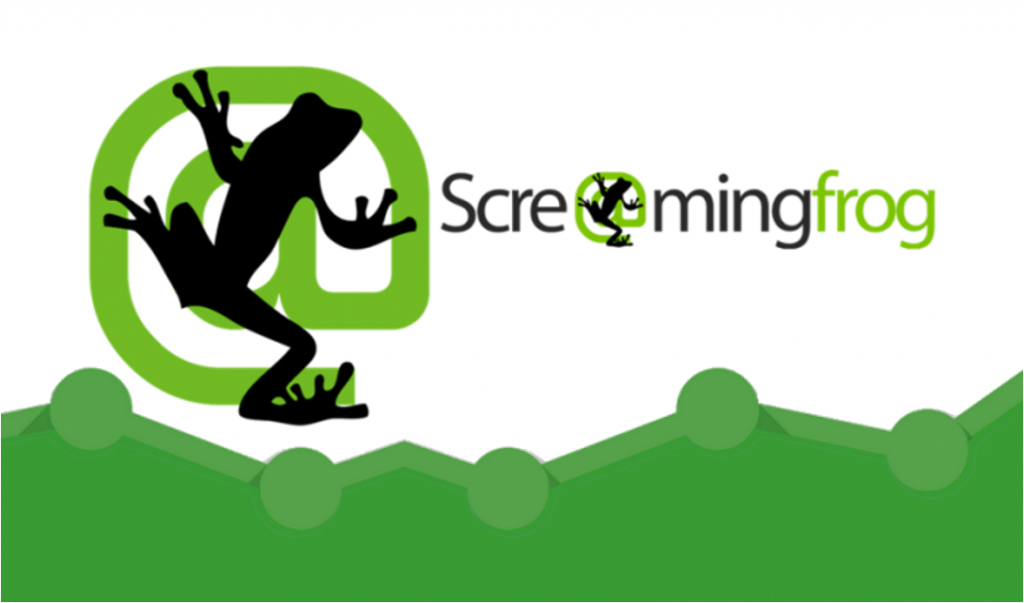
10. Sitebulb: Another technical audit tool that offers advanced features for site analysis.
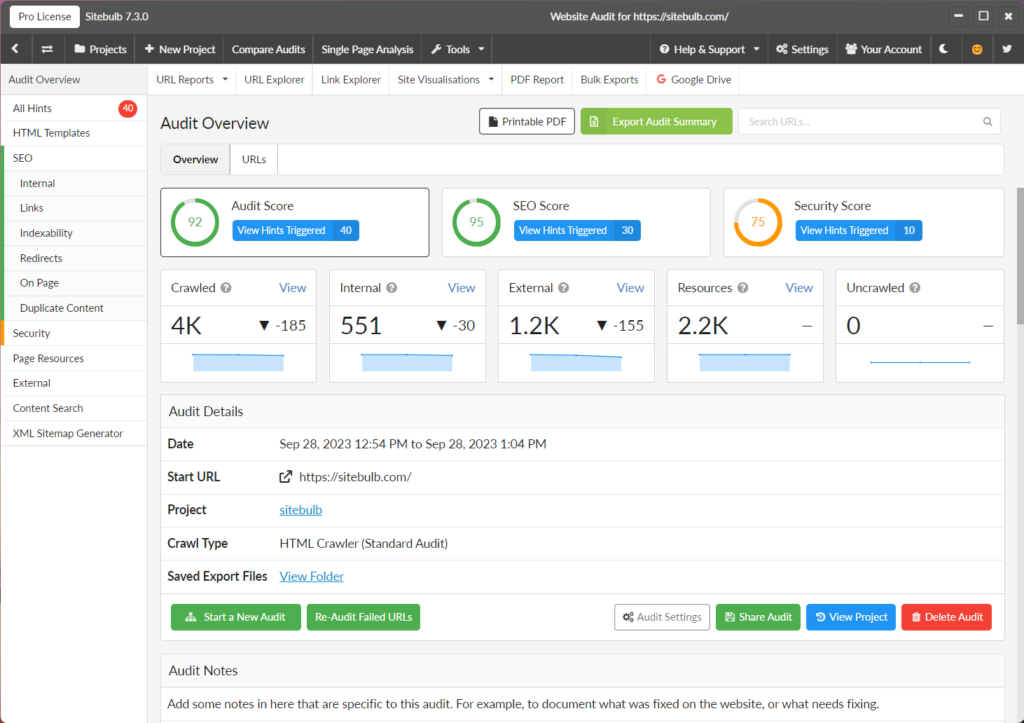
11. DeepCrawl: A large-scale site crawling tool ideal for large websites.
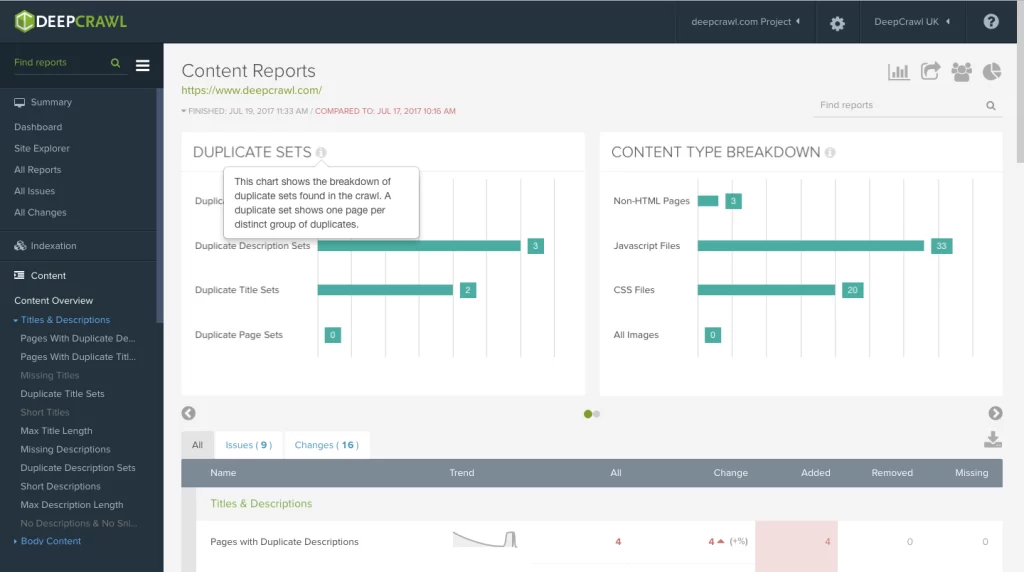
Sentiment and Tone Analysis Tools
12. Brandwatch: A social monitoring platform that allows you to analyze mentions of your brand and track trends.
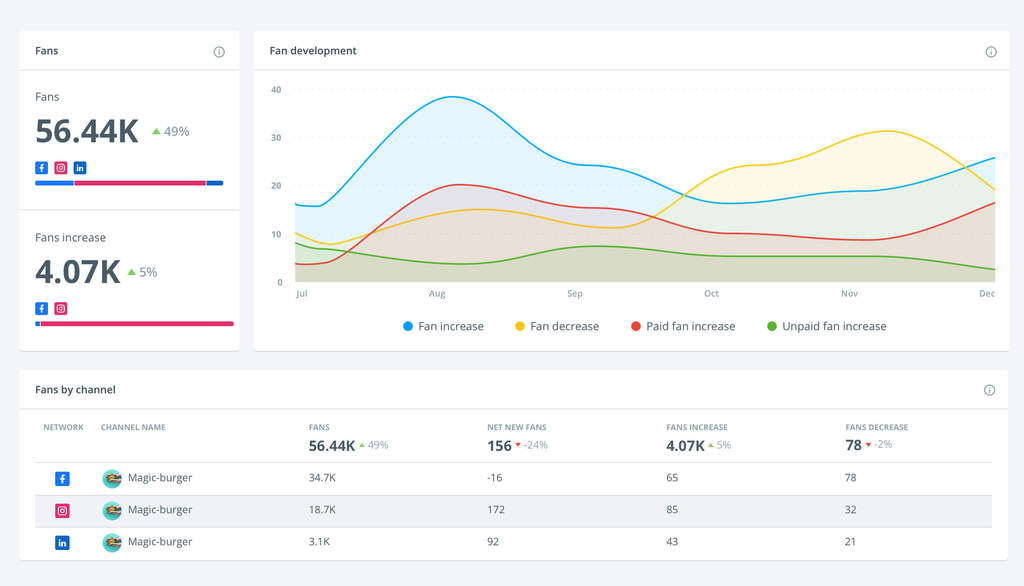
13. Mention: Another social monitoring tool that offers similar functionality to Brandwatch.
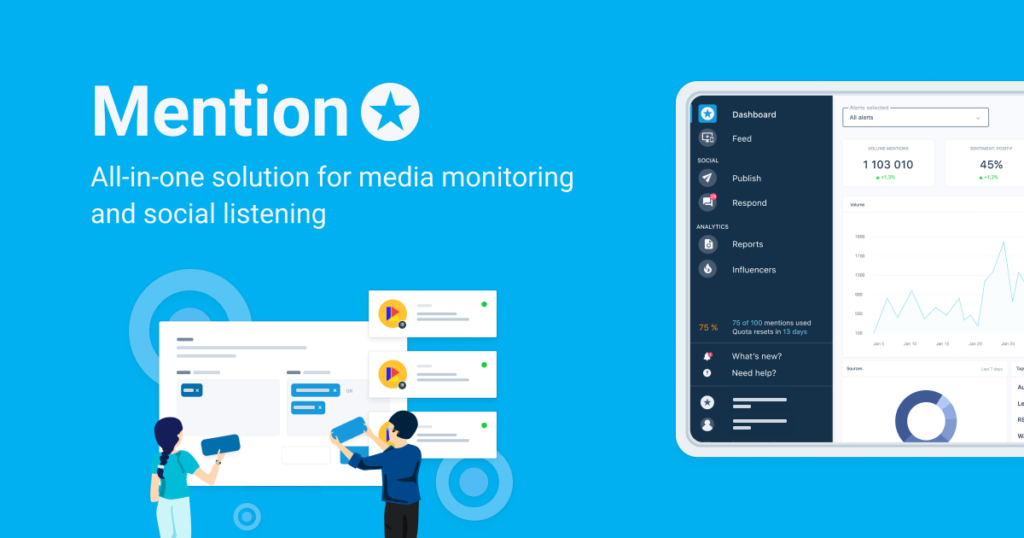
Personalization Tools
14. Dynamic Yield: A personalization platform that helps create personalized user experiences based on visitor behavior.
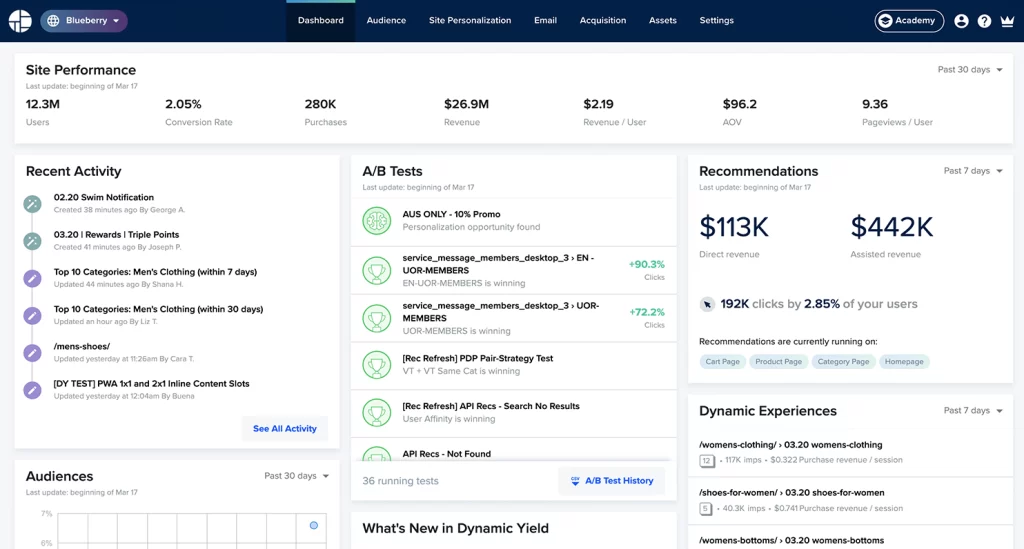
15. Adobe Target: A powerful personalization tool that is part of the Adobe Experience Cloud suite.
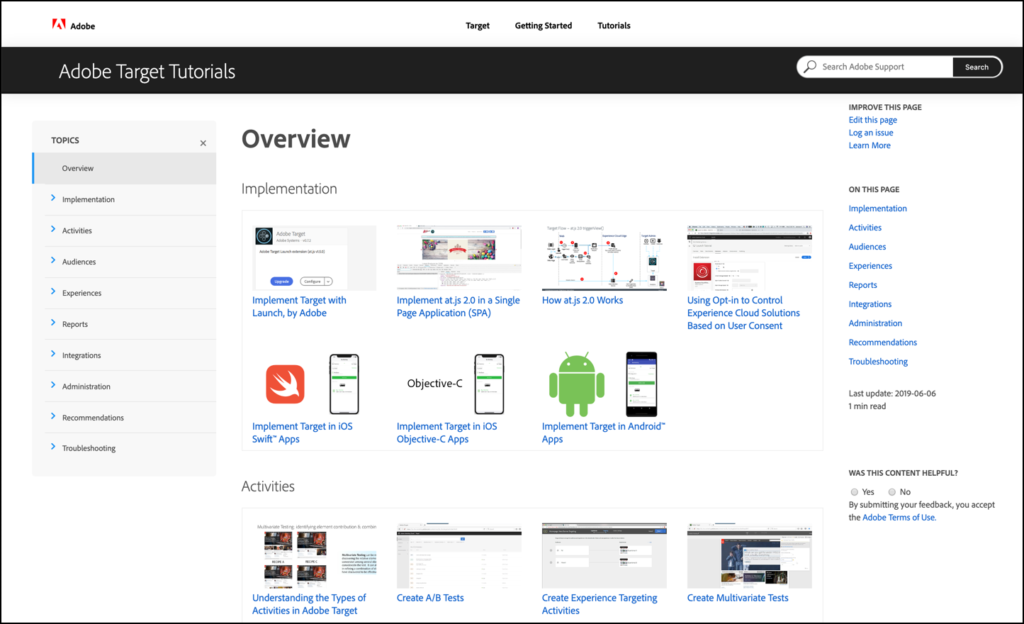
Other Tools
16. Google Search Console: A free tool from Google that provides information on how your site is indexed and how users find it.
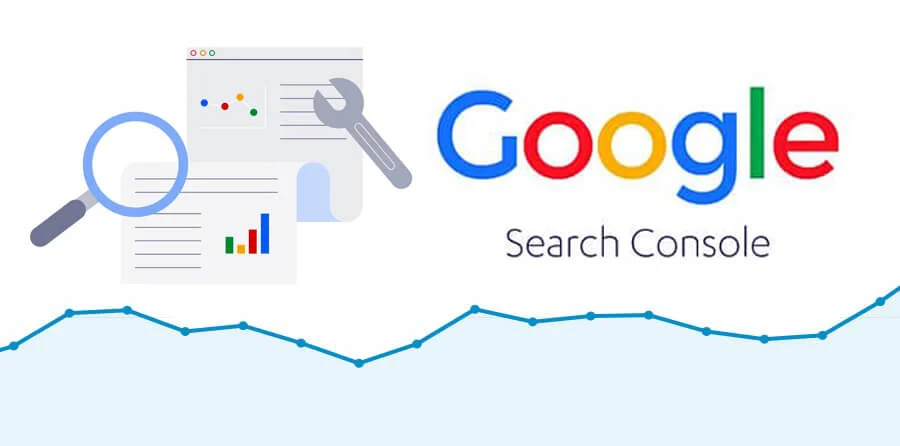
17. Google Analytics: An essential tool for measuring your site traffic and tracking the performance of your content.
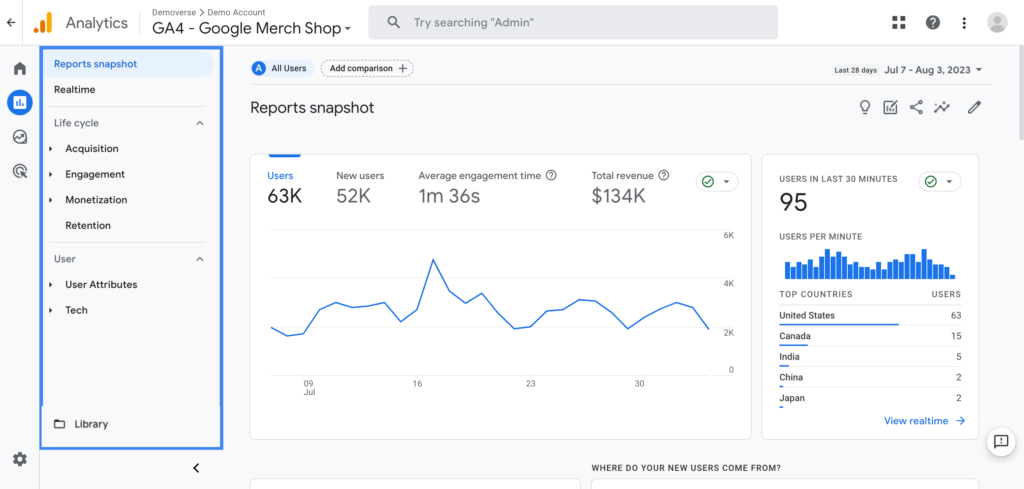
18. Bing Webmaster Tools: The equivalent of Google Search Console for the Bing search engine.

19. Yandex Webmaster: A tool similar to Google Search Console, but for the Russian search engine Yandex.
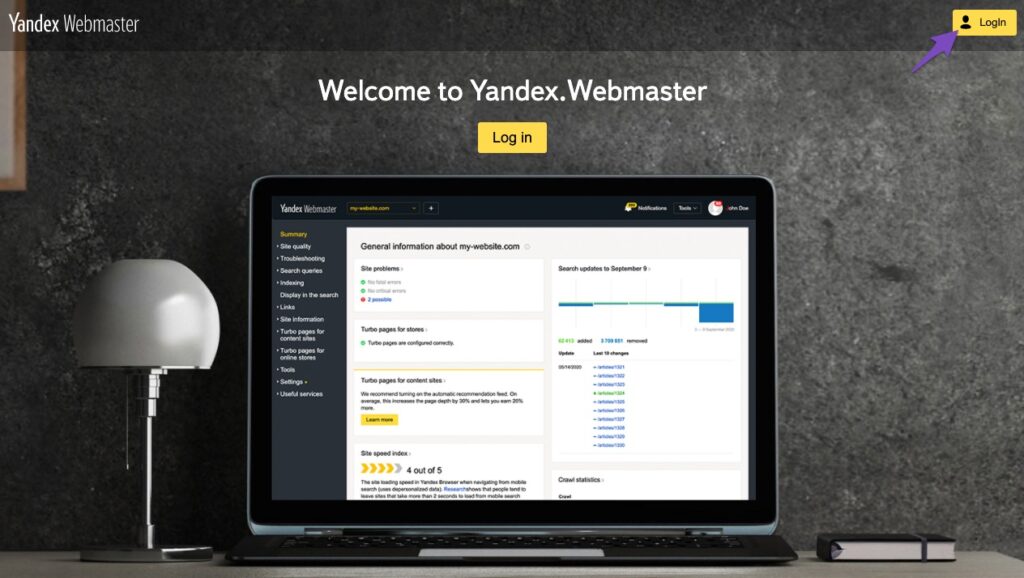
20. SEObility: An all-in-one tool for technical and on-page optimization.
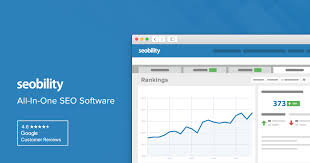
21. RankBrain: Although not a tool as such, RankBrain is Google’s machine learning algorithm that plays an important role in understanding natural language and ranking search results.
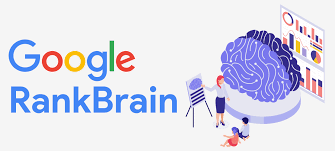
22. BERT: Another machine learning algorithm from Google that improves natural language understanding, especially for complex queries.
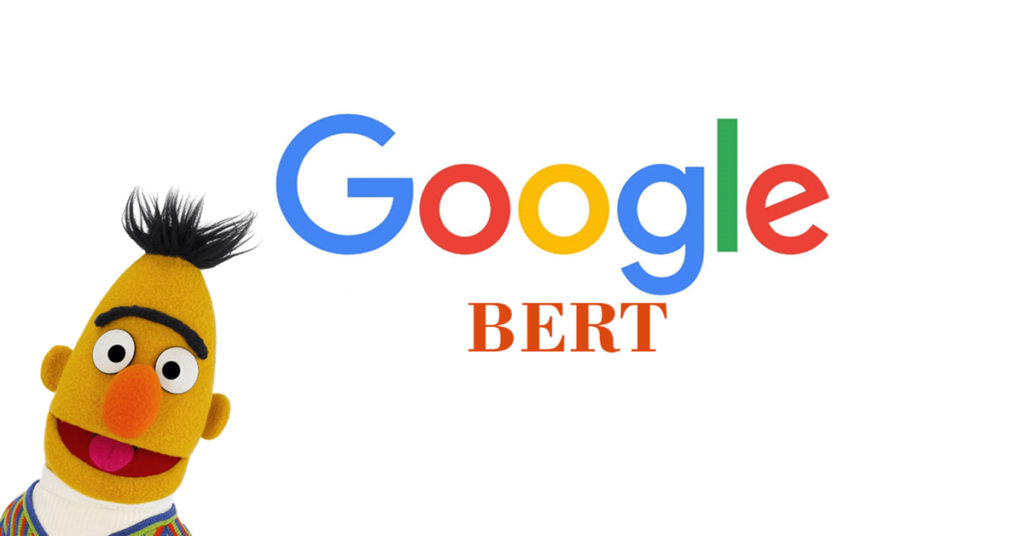
Conclusion:
To conclude, artificial intelligence has revolutionized the landscape of search engine optimization (SEO), offering powerful tools and insights to help businesses improve their online visibility and reach their target audience. By leveraging AI-driven technologies, marketers can gain a competitive edge, optimize their content, and drive organic traffic to their websites.
As AI continues to evolve, its potential to enhance SEO efforts will only grow. By embracing AI-powered tools and strategies, businesses can unlock new opportunities, streamline their processes, and achieve long-term success in the digital age.
Further read : Is SEO Dead with the rise of AI tools?

